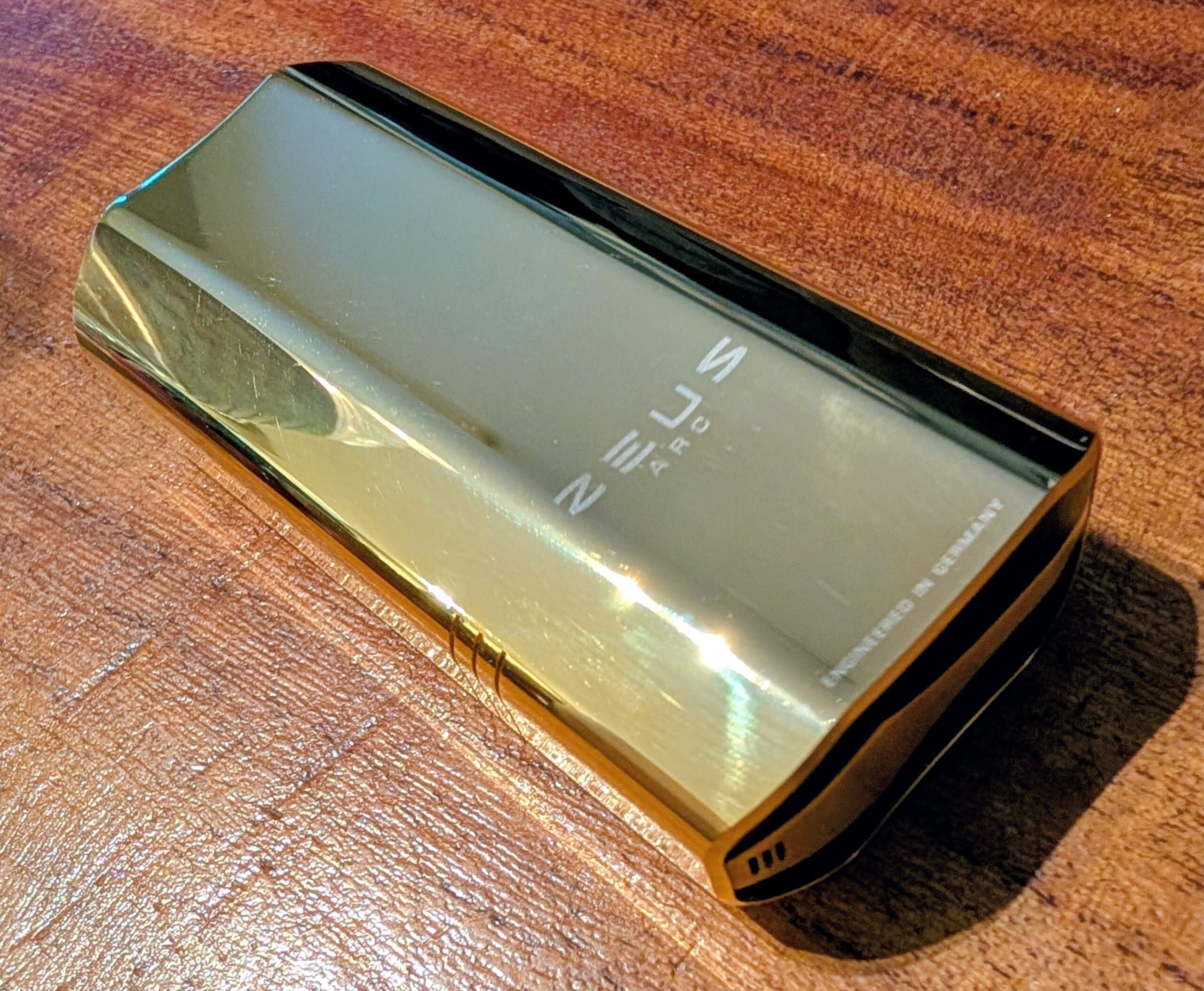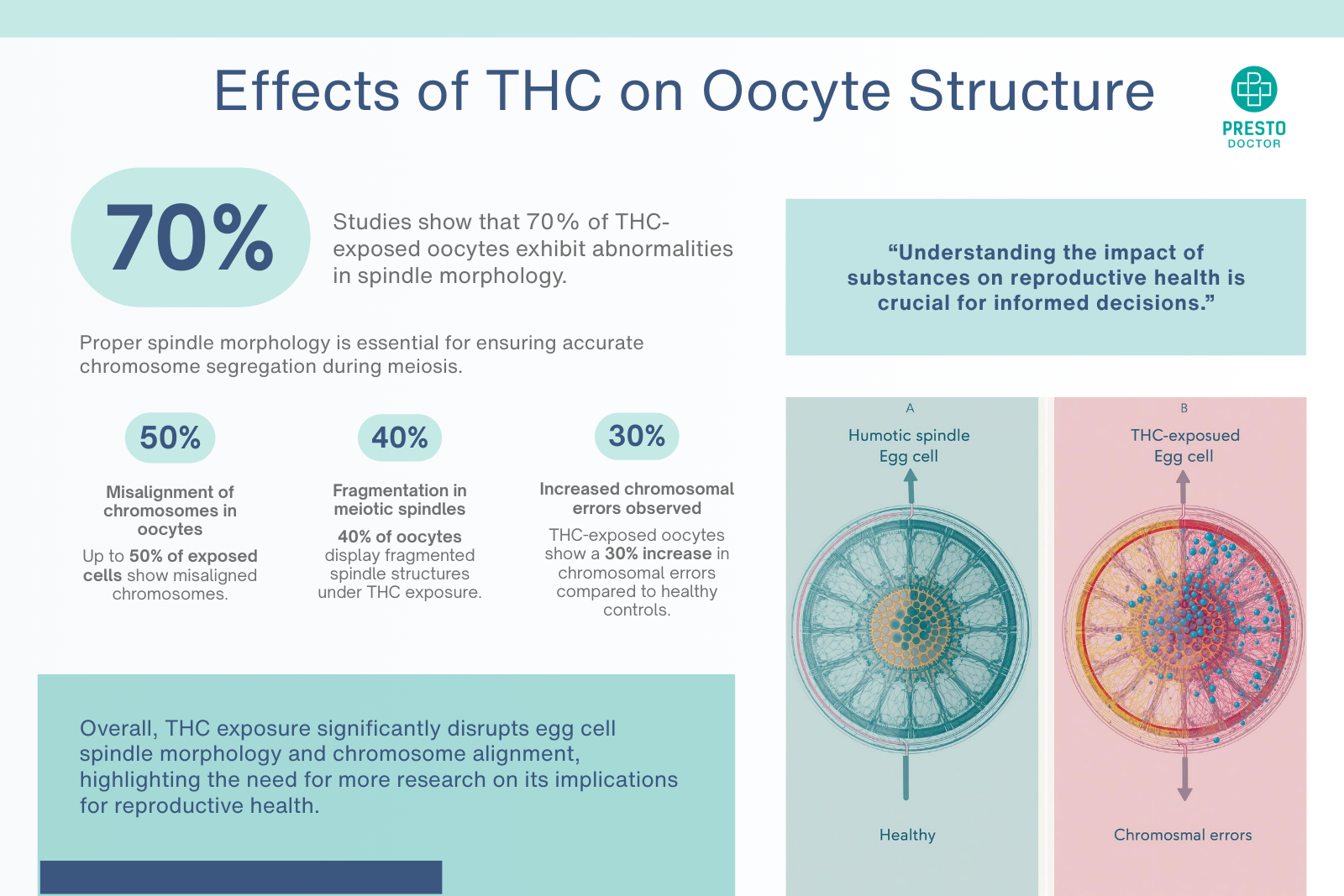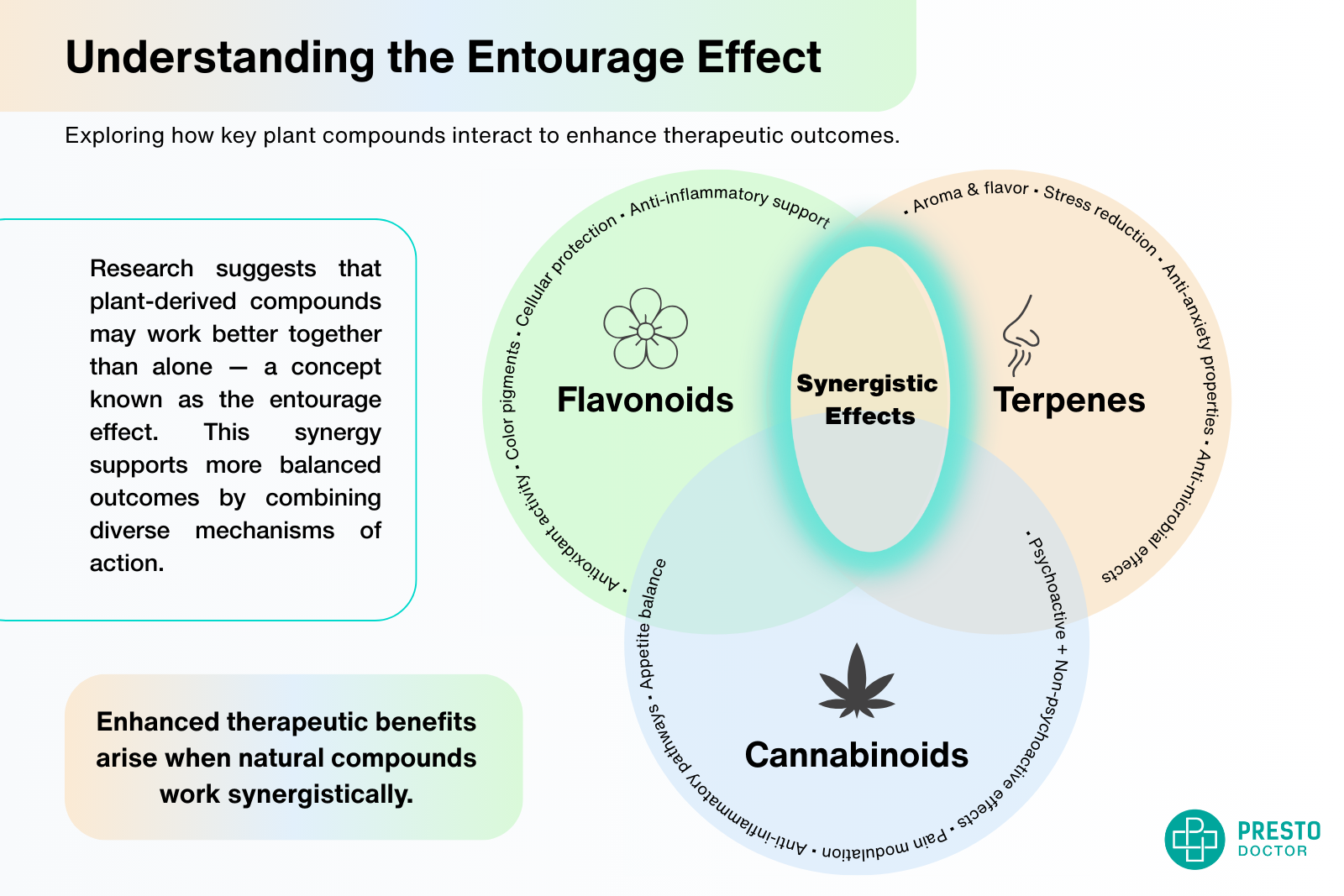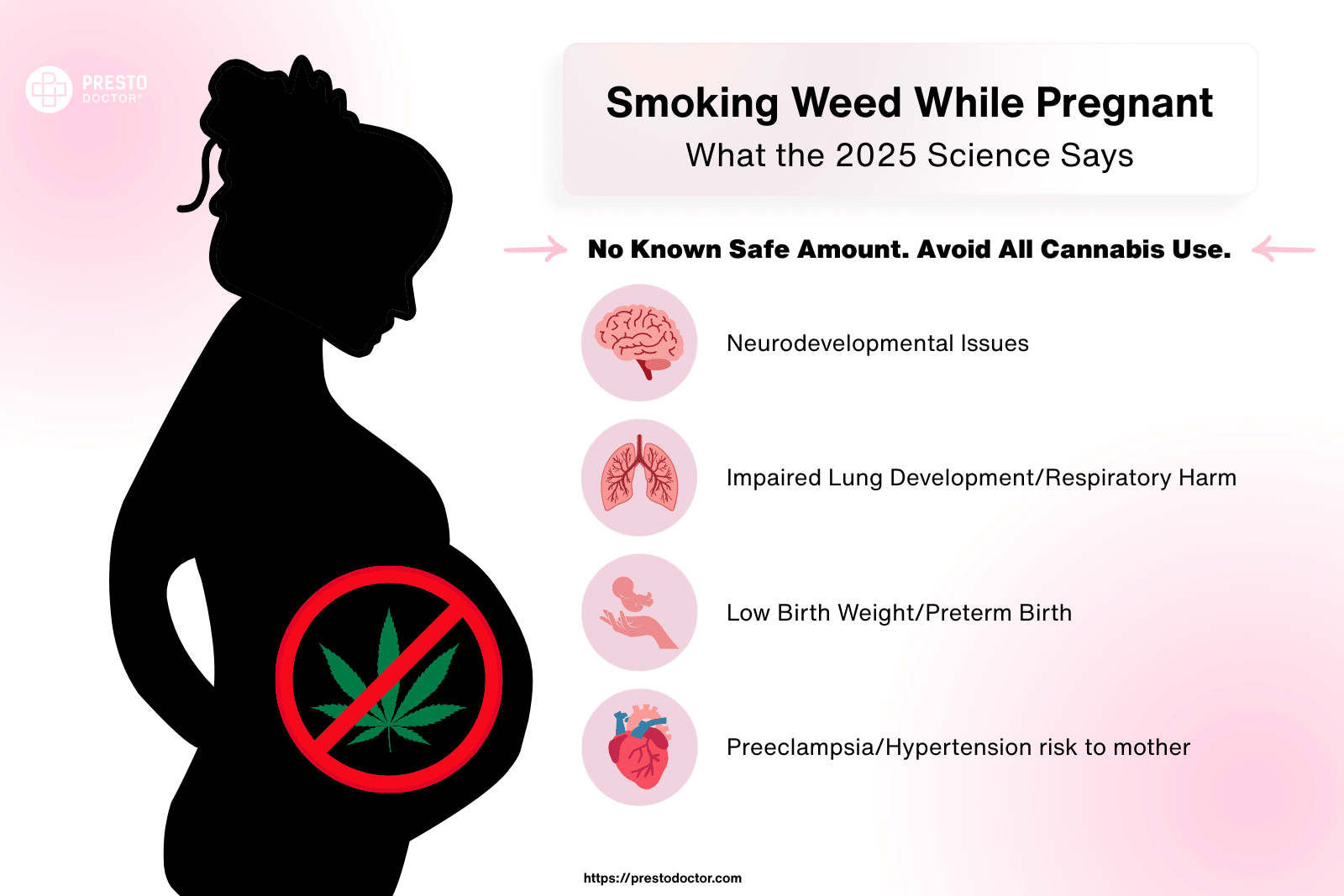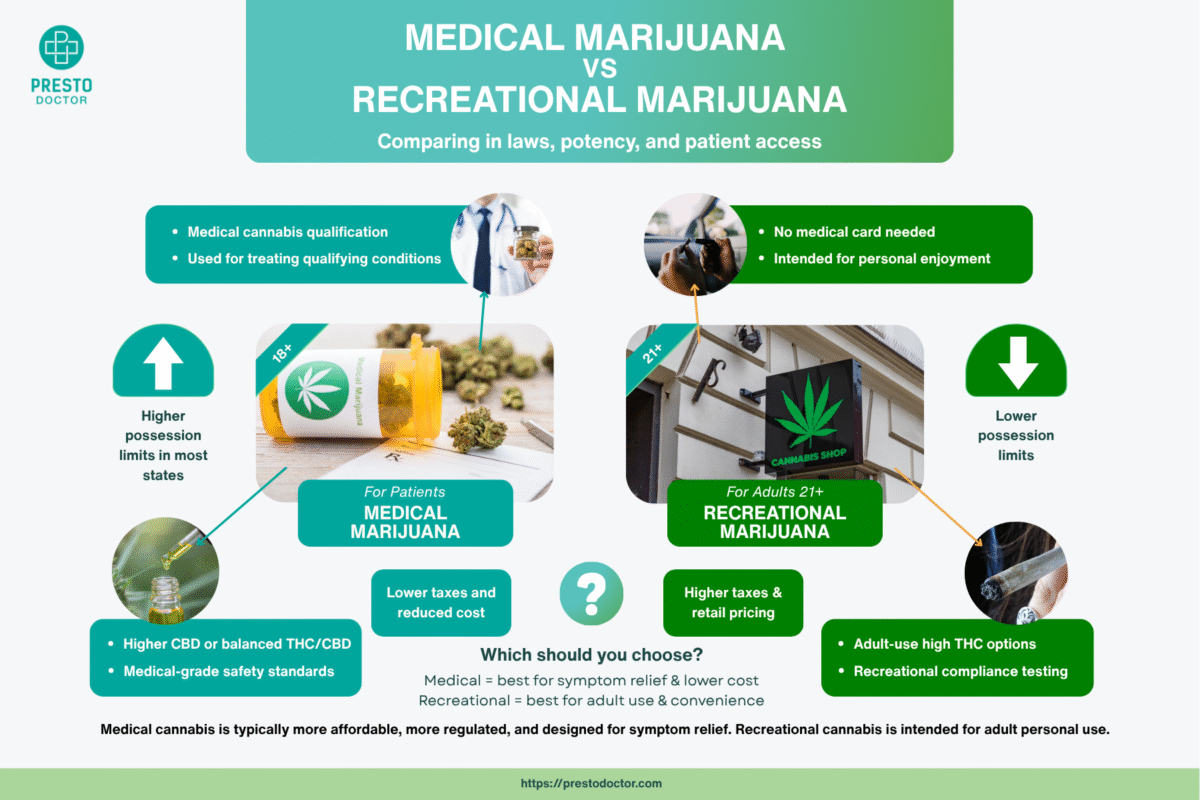
The world of legal cannabis can be confusing. While both medical and recreational marijuana come from the same plant, the difference between medical and recreational cannabis is significant, encompassing everything from how it’s regulated to who can buy it and why. Medical marijuana is prescribed for specific health conditions under a doctor’s supervision; recreational marijuana is for adult use and personal enjoyment and is regulated differently. When comparing medical marijuana vs recreational marijuana, the most important distinctions involve legal access, potency, taxation, safety, and who qualifies to buy each type.
Table of contents
This guide will break down the essential distinctions to help you navigate the landscape of cannabis use. We will also highlight why getting your medical marijuana card for your medical needs is beneficial for accessing safe, legal, and reliable products.
What is the difference between medical and recreational marijuana?
The difference between medical and recreational marijuana is that medical cannabis requires a doctor’s recommendation for treating specific health conditions, while recreational cannabis is legal for adults to purchase for personal use.
The core difference lies not in the plant itself, but in the intent, regulation, and accessibility.
Medical marijuana: Requires a diagnosed condition and a physician’s recommendation, overseen by state health departments. Goal: therapeutic relief.
Recreational marijuana: Adult-use commodity, regulated like alcohol. Focuses on age restrictions (21+) and general consumer safety, primarily for personal enjoyment.
Medical vs. Recreational Cannabis: A Detailed Comparison
Understanding the nuances is crucial for legal and safe consumption. Here is a detailed look at how they differ across key areas:
| Feature | Medical Marijuana | Recreational Marijuana |
|---|---|---|
| Purpose of Use | Treat symptoms of qualifying conditions like chronic pain, epilepsy, MS, nausea from chemo, PTSD. Focus on symptom relief. | Personal enjoyment, social enhancement, creativity, relaxation, or general well-being. |
| Legal Access & Age | Requires a medical cannabis card via consultation with a licensed healthcare provider. Minors may qualify with parental consent in some states. | Adults 21+ with government-issued ID. No doctor or card needed. |
| Product Type & Availability | Wide array of therapeutic products: high-CBD, balanced THC/CBD, condition-specific formulations (tinctures, capsules, patches). Dosage consistency and testing are stricter. | Focused on potency and psychoactive effects. Flower, edibles, concentrates, high THC content. |
| Taxation & Cost | Often exempt from sales taxes or taxed lower to keep medicine affordable. | Subject to state and local sales/excise taxes; generally more expensive. |
| Legal Protections & Possession Limits | Higher purchase and possession limits. Slightly broader protections in some states. | Lower possession limits, stricter enforcement. |
This breakdown of medical marijuana vs recreational marijuana highlights how the same plant can fall under completely different rules, potencies, and consumer protections.
Medical vs Recreational
1. Purpose of Use
Medical marijuana treats health conditions; recreational marijuana is for lifestyle or personal enjoyment.
- Medical: Used for symptom management, treatment of chronic conditions.
- Recreational: Used for relaxation, social, creative, or general well-being purposes.
2. Legal Access and Age Requirements
Medical marijuana requires a doctor’s recommendation; recreational marijuana only requires being 21+ in legal states. Understanding medical vs recreational cannabis laws—especially the evolving legal differences between medical and recreational marijuana in 2025—is essential because the regulations for each category continue to change across states.
The process of using a medical marijuana card vs recreational purchase also differs; medical patients follow a state-certified pathway, while recreational buyers simply show ID.
- Medical: Access requires MMJ card; minors may qualify with consent.
- Recreational: Adults 21+ can purchase; no doctor or card needed.
3. Product Type and Availability
Medical dispensaries offer tailored products for symptom relief; recreational products focus on potency and high.
One of the biggest THC and CBD differences in medical vs recreational cannabis is that medical products often prioritize CBD or balanced ratios, while recreational items feature higher THC potency.
Medical dispensaries stock a wider array of therapeutic products, including options tailored with higher CBD levels and lower THC content to minimize intoxication while maximizing benefits.
- Medical: Condition-specific formulations, stricter testing.
- Recreational: Potency-focused, variety of flower, edibles, concentrates.
One key distinction is that products for medical use undergo more stringent and controlled procedures before they are sold, focusing on quality control and contaminant testing. However, that is not to say that medical cannabis products are necessarily safer than recreational products. Recreational cannabis products are still considered safe, just as medical products are.
4. Taxation and Cost
Medical cannabis is often cheaper due to tax exemptions; recreational cannabis is taxed heavily.
Having a medical marijuana card often allows patients to save money vs buying products as a recreational purchase.
5. Legal Protections and Possession Limits
Medical users often enjoy higher possession limits and slightly broader protections; recreational limits are stricter.
Frequently Asked Questions (FAQs)
Here are quick answers to common questions about medical and recreational marijuana:
The “high” depends on THC content, not legal status. Medical users may prefer high-CBD to minimize psychoactive effects; recreational users often seek high-THC products.
Medical marijuana undergoes stricter testing for contaminants. Both markets are regulated, but safety rules prioritize patients in medical programs. Medical cannabis products are not necessarily safer than recreational, they just goes through stricter testing.
Usually no. Some states recognize out-of-state medical cards (reciprocity), but most do not. Always check local laws.
No, doctors recommend or certify patients for medical programs, which then allows card registration. Federal law still classifies cannabis as Schedule I.
Need guidance on medical cannabis? Speak with a PrestoDoctor physician online.
Why Expert Guidance Matters
Navigating the medical cannabis landscape requires expertise. PrestoDoctor specializes in connecting patients with qualified, empathetic physicians who can certify their conditions and also guide them through the process of obtaining or renewing a medical card. Our platform provides:
- Expert Consultations: Speak with state-licensed doctors knowledgeable about cannabis therapies.
- Education Resources: Understand which products and dosages might work best for your specific condition.
- Seamless Renewals: Easily manage your medical card renewals online.
The main disadvantage of recreational use for patients is the lack of guidance and knowledge that a certified cannabis physician provides. Also, having your medical marijuana card vs shopping as a recreational user will allow you to save tons on your purchase.
Speaking with a licensed doctor ensures you can monitor symptoms, avoid medication conflicts, and then understand which product formulations work best for your specific condition
Whether you are exploring cannabis for therapeutic relief or for personal enjoyment, understanding the clear distinctions between medical vs recreational marijuana use is vital for purchase. For those seeking medical guidance, rely on experienced professionals to ensure you receive the proper care and legal access you deserve.
The distinction between medicinal vs recreational cannabis ultimately comes down to purpose: treatment versus enjoyment.
This content is for informational purposes only and does not constitute medical advice. Please consult with a healthcare professional before starting any new treatment or medication.

